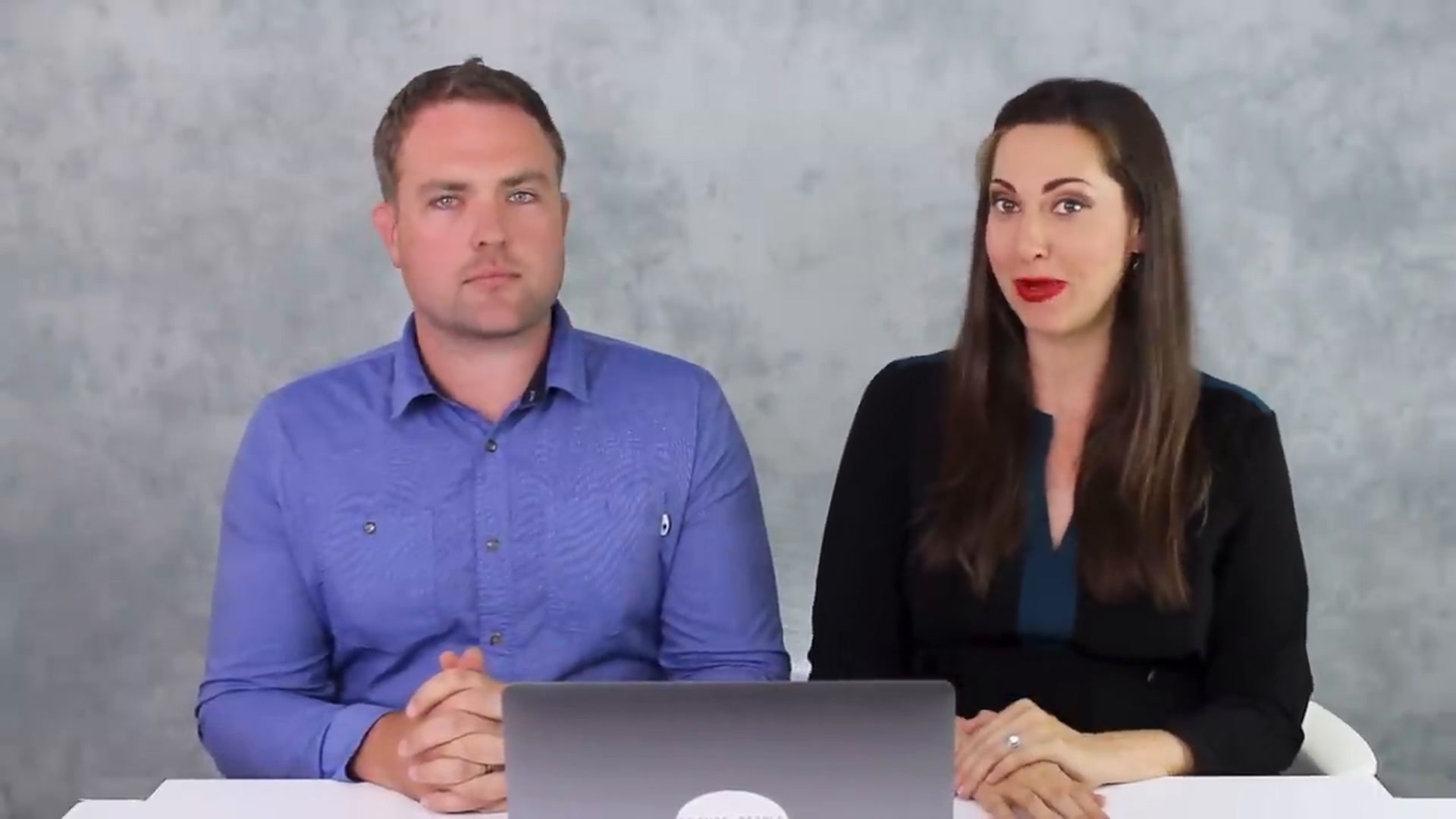bizvantagehub.com – Self-trust is a fundamental aspect of personal development and mental well-being. However, many people struggle with trusting their own decisions, abilities, or judgments at various stages of life. This lack of self-trust can hinder progress, affect confidence, and prevent individuals from reaching their full potential. Understanding why we doubt ourselves and how to overcome these doubts is essential for personal growth.
Why Do We Struggle to Trust Ourselves?
- Fear of Failure: One of the most common reasons people don’t trust themselves is the fear of making mistakes. Past failures can create lingering self-doubt, making it harder to believe in future decisions.
- Negative Self-Talk: Constant self-criticism and harsh inner dialogue can undermine confidence. When we repeatedly tell ourselves that we are not good enough, our self-trust diminishes.
- Comparison to Others: Social media and societal expectations often lead to comparisons with others, making us question our own capabilities and achievements.
- Perfectionism: The desire to always make the right decision or achieve perfection can prevent people from trusting themselves. Fear of imperfection can lead to hesitation and self-doubt.
- Lack of Experience: When trying something new or unfamiliar, the lack of prior experience can make it difficult to trust in our own abilities.
- External Validation: Relying too much on others’ opinions or approval can weaken self-trust. When we constantly seek validation, we may doubt our own instincts.
Solutions to Build Self-Trust
- Practice Self-Compassion: Treat yourself with kindness and understanding, especially when facing setbacks. Remind yourself that making mistakes is part of the learning process.
- Challenge Negative Thoughts: Replace self-doubt with positive affirmations. When negative thoughts arise, consciously challenge them with constructive and supportive inner dialogue.
- Set Small Goals: Achieving small, realistic goals can gradually build confidence and reinforce trust in your abilities.
- Embrace Failure as Growth: View failures as valuable learning opportunities rather than setbacks. Reflect on what can be learned from each experience.
- Limit Comparisons: Focus on your own journey instead of comparing yourself to others. Celebrate your progress and achievements, no matter how small.
- Seek Professional Guidance: If self-doubt becomes overwhelming, consider speaking with a therapist or life coach to gain new perspectives and strategies.
- Practice Decision-Making: Make small decisions independently without seeking external validation. Over time, this will strengthen your decision-making confidence.
- Mindfulness and Meditation: Engage in mindfulness practices to stay present and connect with your inner voice. This can help quiet external noise and strengthen self-trust.
Conclusion
Trusting yourself is a journey that requires patience, practice, and self-awareness. By understanding the root causes of self-doubt and applying practical solutions, you can cultivate a more confident and empowered mindset. Building self-trust is not about being perfect—it’s about learning to believe in your own unique abilities and making choices that align with your values. With consistent effort, self-trust can become the foundation for a more fulfilling and resilient life.





